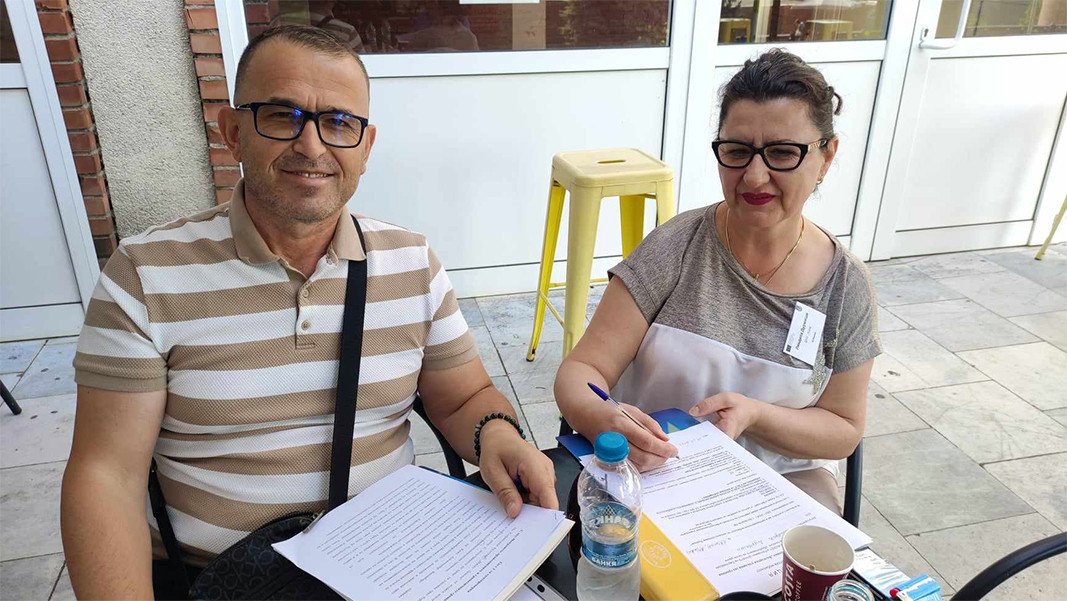
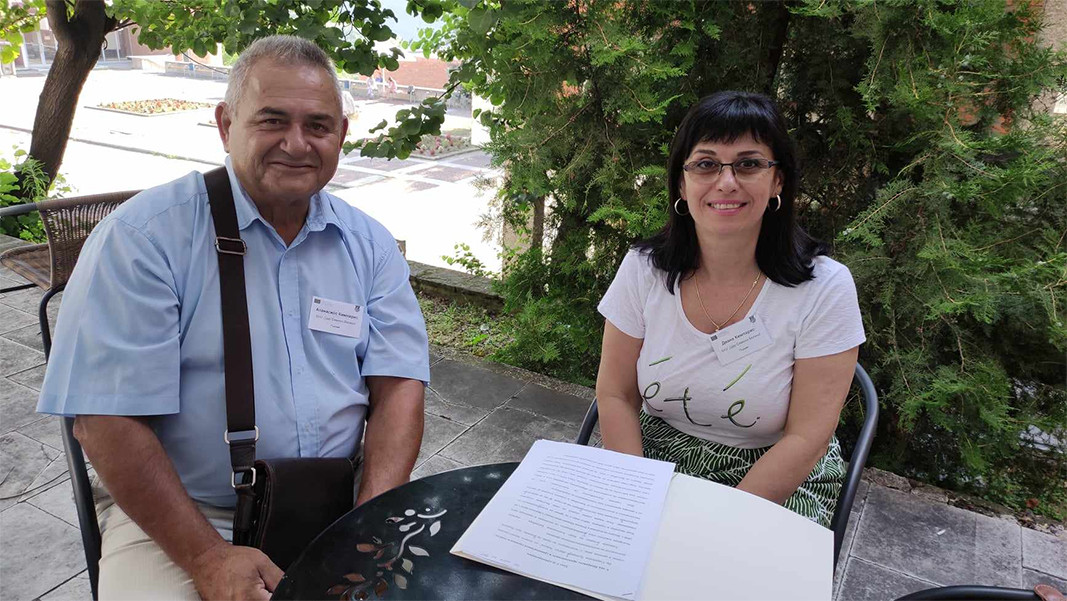
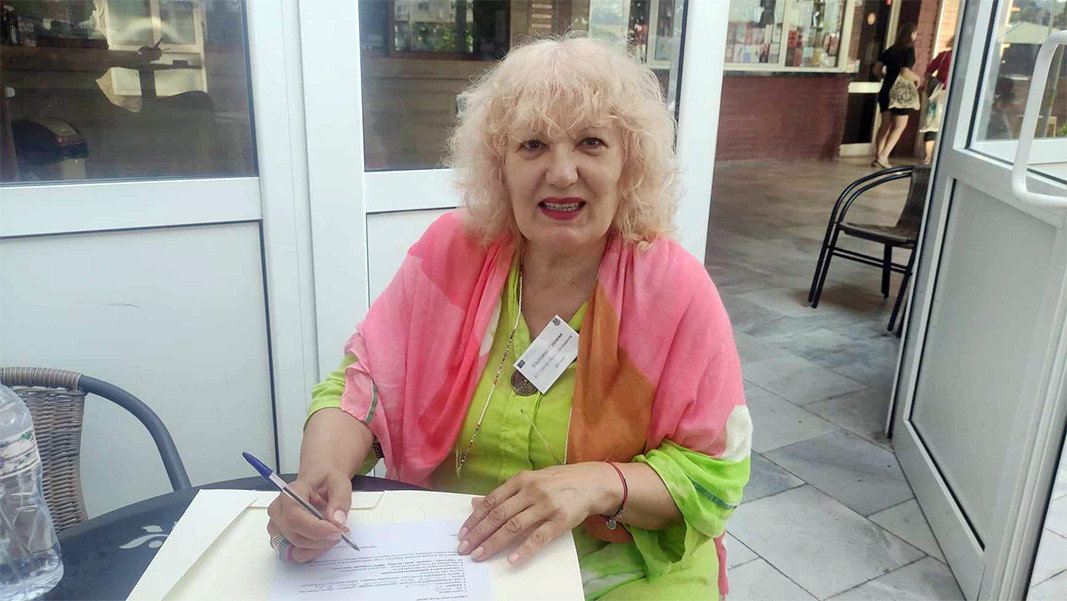
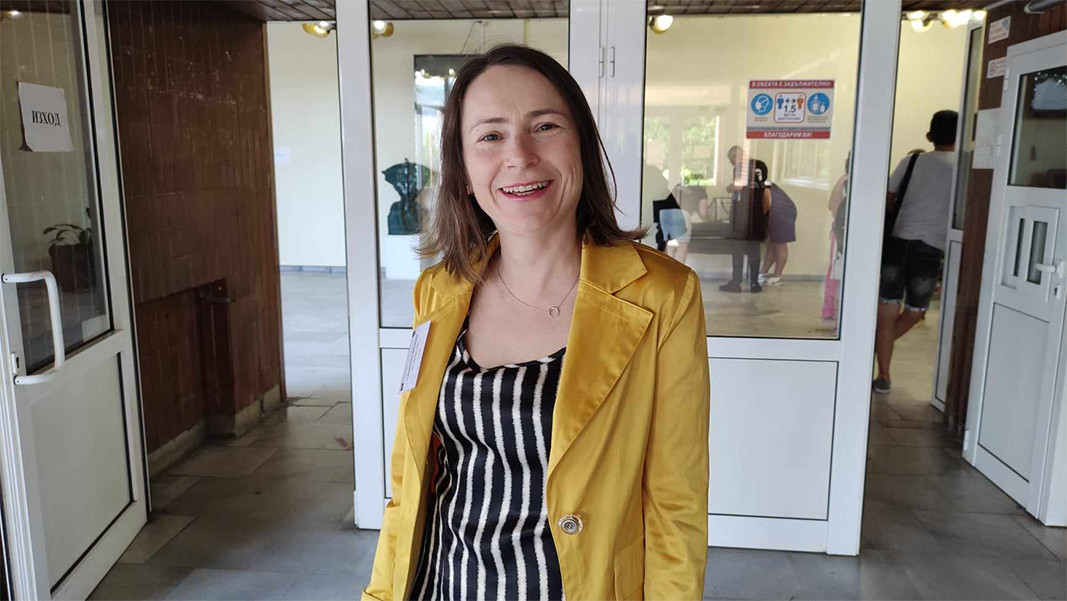
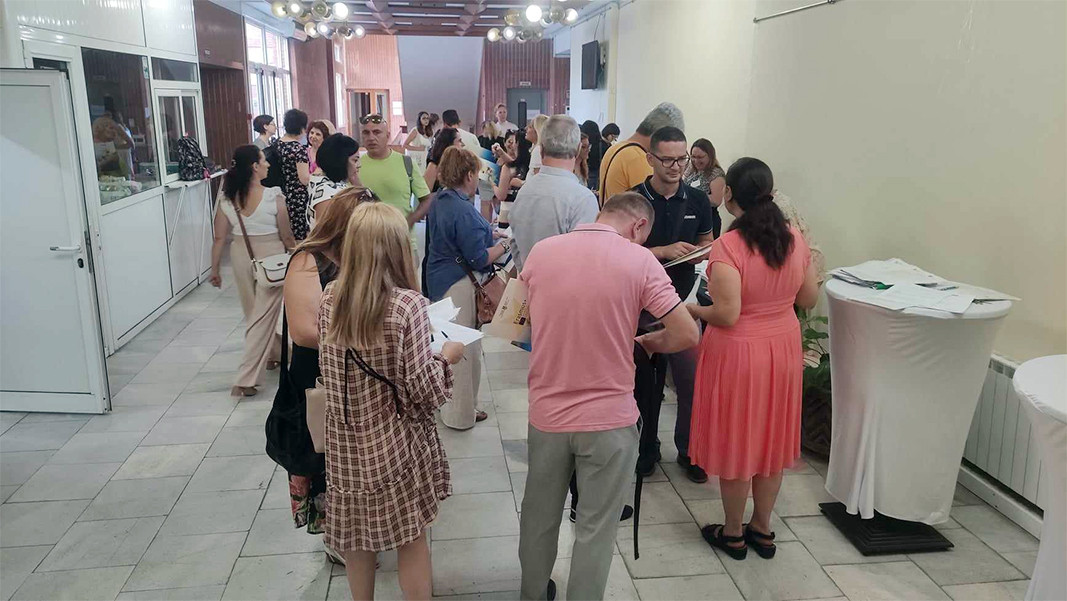
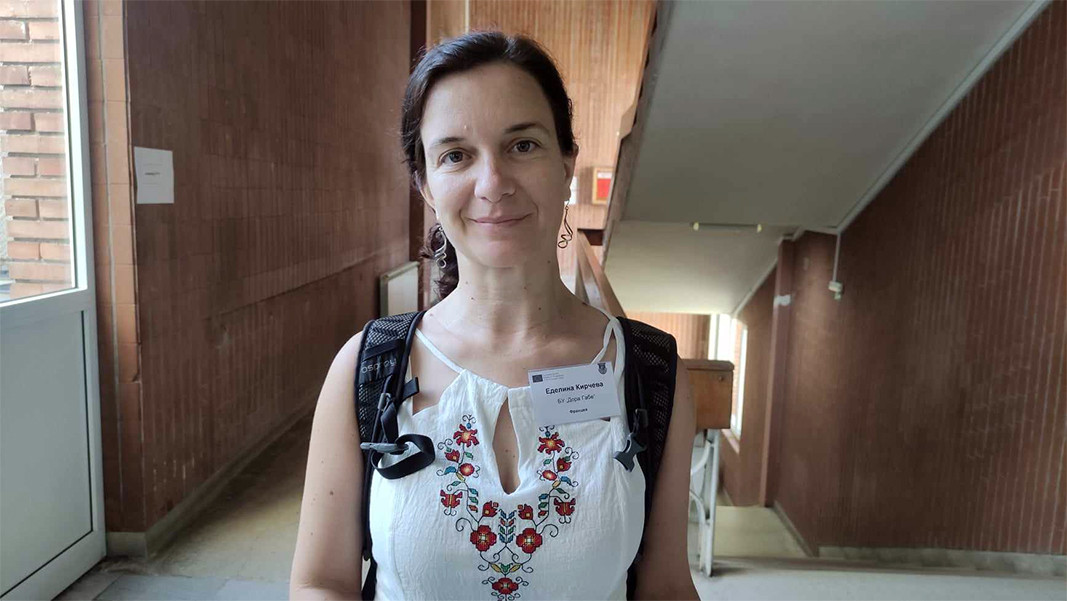
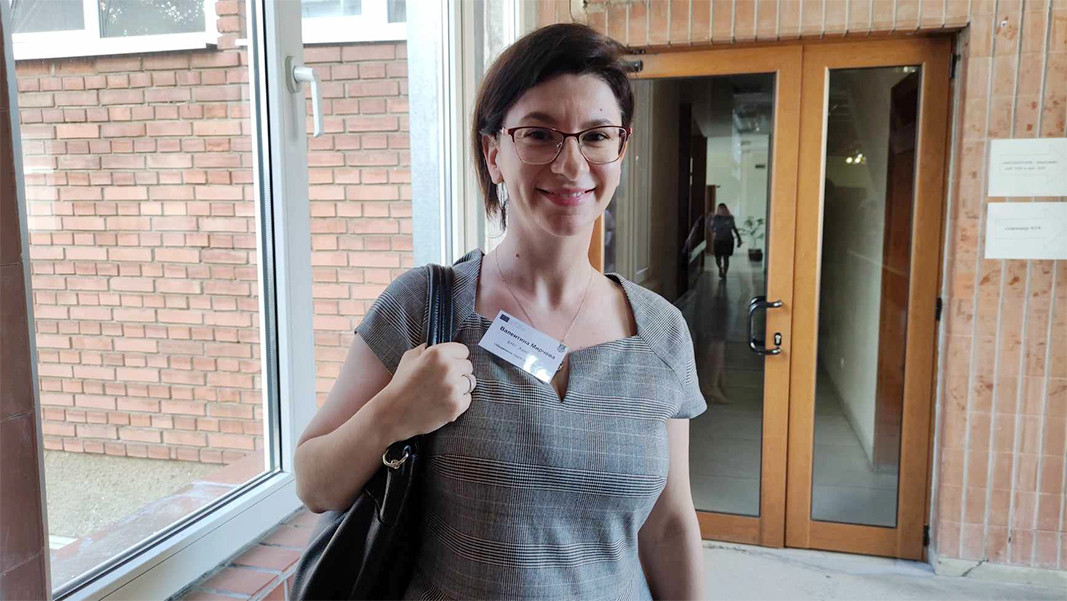
The Varna Drama Theatre "Stoyan Bachvarov" is establishing its own international festival forum at the end of September . The first edition of the new festival will be held in the coastal city of Varna from September 24 to 28 , 2025. The slogan..
In the spring of 2025, the National Palace of Culture resumed its most genre-rich festival after a 10-year hiatus. For the first time in the history of "Salon of Arts", a second edition will be held this autumn. From October 1 to..
With a folklore concert and a solemn ceremony at 5:00 PM at the branch of the Ruse University "Angel Kanchev" in the Moldovan city of Taraclia, the Bulgarian National Radio will award the winners of the essay contest organized by the media for..
She is an educated, young woman passionate about astronomy and physics, but has also devoted her energy and talent to the word. She is part of the family..

+359 2 9336 661
